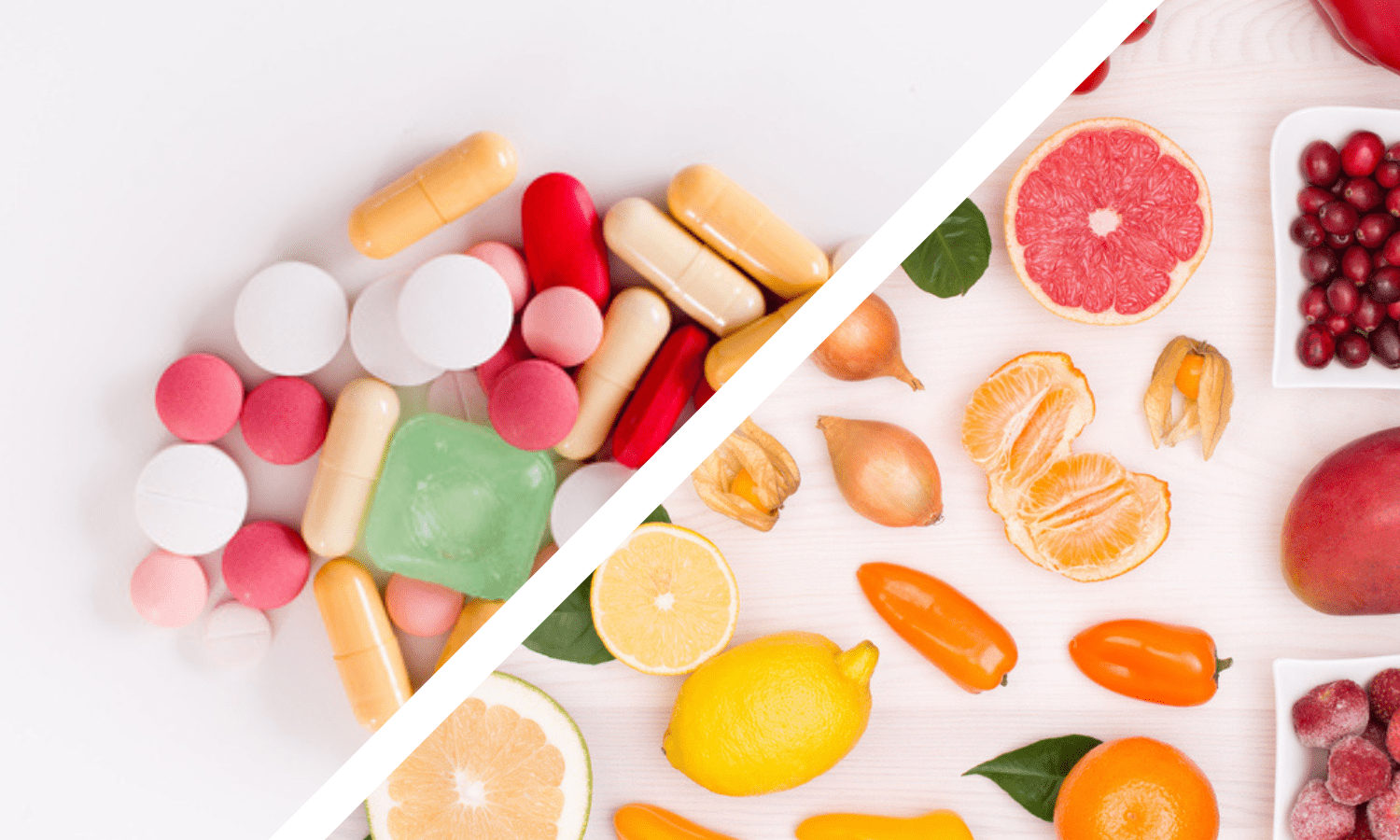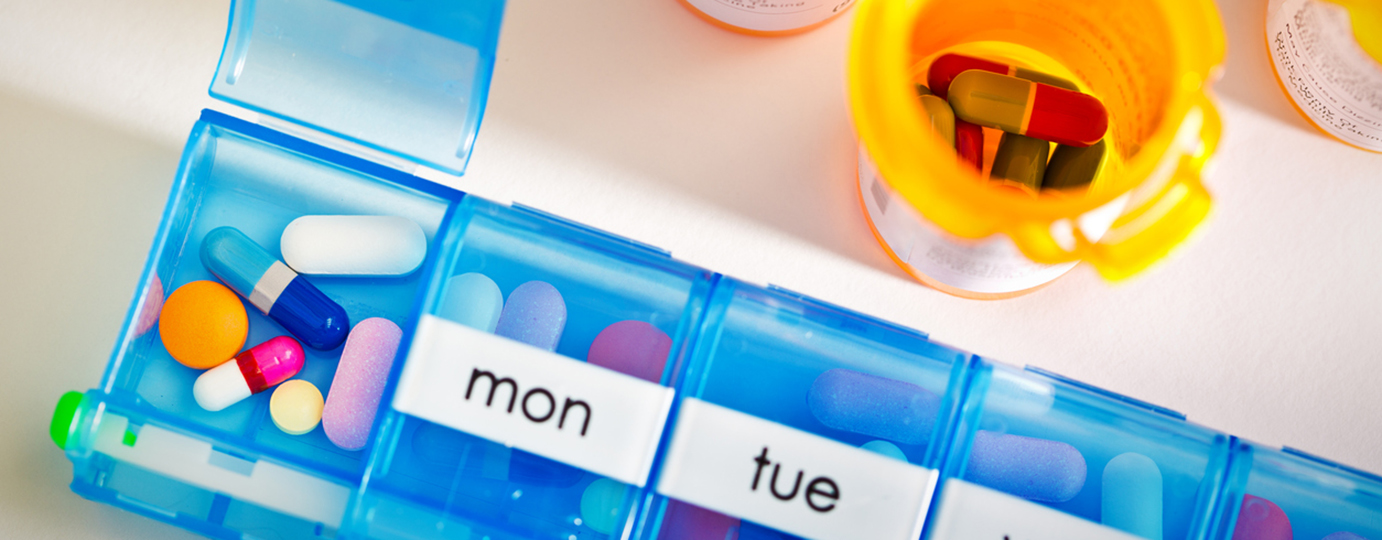As parents, we talk to our kids. We ask them about school, which YouTube Videos they`re watching, about their friends. How many of us are comfortable having serious talks about subjects such as drug use. It is imperative that we educate ourselves so we can have the talk before our kids find themselves in a risky situation.
For younger kids, look for “teachable moments” – like when watching a movie and the actor is smoking, you can talk about how nicotine is a drug, how it affects people and the negative health effects of cigarettes. (You can also mention how tobacco companies pay the movie companies to place smoking in movies)
For older kids (8-12) perhaps start the conversation by asking what they know. Open-ended, non judgemental questions are best and allow you to fill in any gaps or misinformation. You may need to do some research on your own to do this. You can talk about current events such as steroid use by professional athletes or other news items such as local drug arrests.
Teens are more likely to have either experimented with drugs and alcohol or know people who have. They may have more specific questions about drugs. This provides an opportunity to understand your child’s feelings and beliefs, but also to highlight areas such as legal and health issues. It is important to be non-judgemental and open in the conversation. As your teen becomes more independent and they or some of their friends start driving, it may be a good time to enter into a verbal contract or understanding with them. For example, if they or someone they are with has been drinking or using drugs, they know that they can call for a ride-no questions asked.
One growing concern we are seeing in our city and country is the rise of bootleg narcotics-fentanyl and carfentanil. These are extremely powerful and dangerous narcotics (carfentanil is used to sedate animals such as elephants). When ingested they can lead to respiratory arrest and death. A dose the size of a poppy seed is enough to be lethal. Reading about issues such as this with your teen can lead to a better understanding of the dangers of drug use. So talk to your kids—but more importantly—listen to them. Take care of yourselves and each other.








